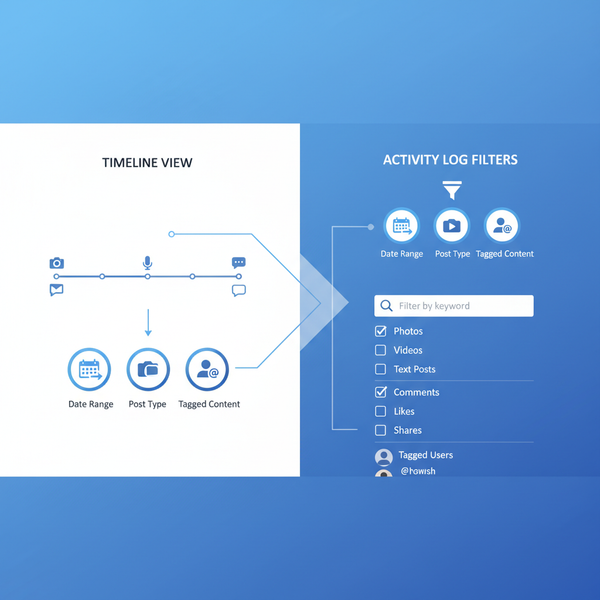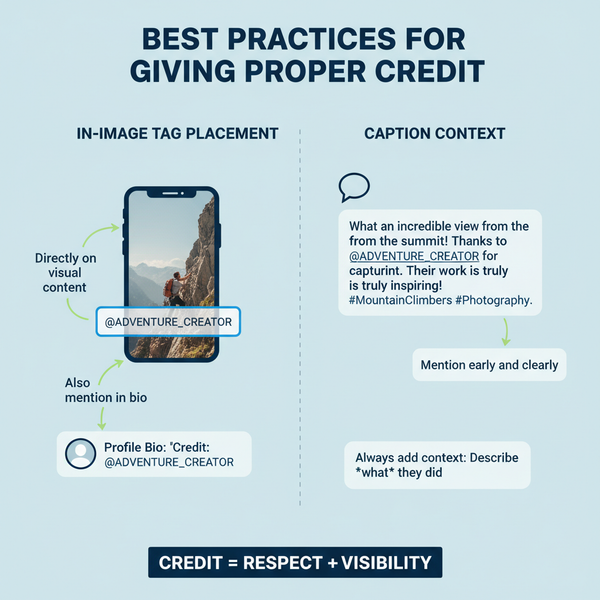Top Alternative Social Media Platforms for 2024
Discover top alternative social media platforms for 2024, from privacy-first networks to creative-focused spaces and decentralized communities.
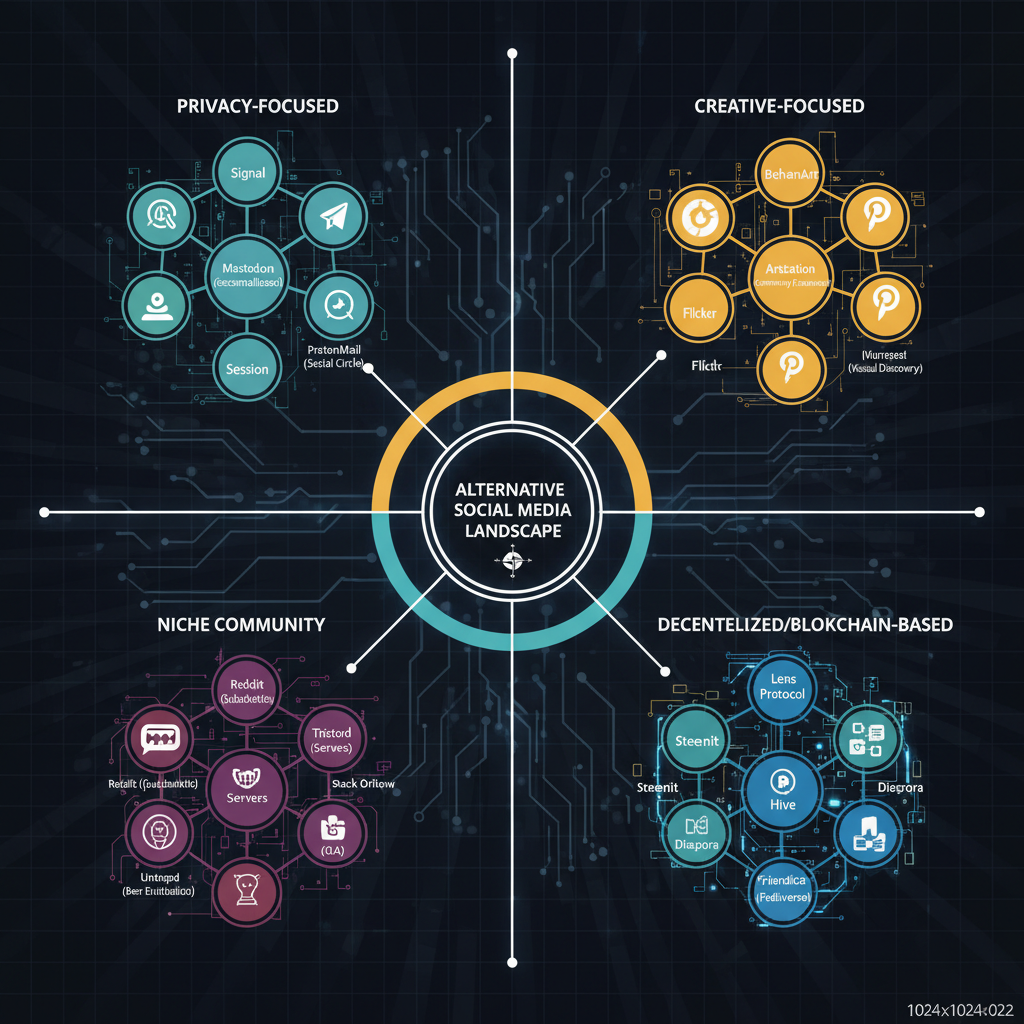
Exploring Alternative Social Media Platforms: Why It Matters
In today’s fast-evolving digital landscape, users are increasingly exploring alternative social media platforms as a way to regain control over their privacy, content, and online interactions. Concerns about data misuse, algorithmic control, and over-commercialization have pushed many to look beyond Facebook, Instagram, and Twitter toward more transparent, community-driven spaces.
This guide covers the major drawbacks of mainstream networks, the criteria for evaluating viable alternatives, and the different categories of platforms available — from privacy-first options to niche communities and blockchain-based social networks.

---
Why Users Are Seeking Alternative Social Media Platforms
In recent years, digital users have been re-evaluating the networks they use daily. Concerns around data privacy, content control, and algorithmic bias have made many seek alternative social media platforms that better align with their values. Rising dissatisfaction with the dominance of tech giants has fueled migration toward smaller, community-focused ecosystems.
Unlike the early days of Facebook or Twitter, where growth felt organic, today’s largest platforms often prioritize profit over user experience — making it worthwhile to explore new online spaces.
---
Drawbacks of Mainstream Platforms
While major social sites boast billions of users, there are persistent concerns:
- Data privacy threats — Selling of user data to advertisers or sharing with third parties.
- Overbearing algorithms — Content visibility determined by opaque machine-learning models.
- Intrusive advertising — Monetization strategies that interrupt engagement.
- Centralized power — Policies and moderation determined by a small corporate leadership group.
- Echo chambers and polarization — Algorithmic feeds often reinforce biases.
These drawbacks give space for alternatives to differentiate themselves via transparency, user control, and tailored communities.
---
Criteria for Choosing an Alternative
When picking an alternative social media platform, a few key factors can guide your decision:
- Privacy – Does the platform encrypt data? Is there a clear privacy policy?
- Community culture – Are the users aligned with your interests and values?
- Features – Support for images, video, live streams, and group features.
- Monetization – Ability to earn revenue as a creator without heavy reliance on ads.
- Openness – Open-source code, API access, and interoperability with other platforms.
A balanced evaluation helps ensure you join a network that matches your personal and creative goals.
---
Privacy-Focused Platforms
For users prioritizing anonymity and data protection, certain platforms are front-runners:
- Mastodon – A decentralized microblogging network supporting a federated model. Users join independent servers (instances) tailored to different topics and moderation styles.
- MeWe – Markets itself as a privacy-first Facebook alternative, with no ads or tracking algorithms. Features include groups, pages, and private messaging.
- Minds – Combines decentralized principles with monetization potential via tokens. Offers encrypted chat, newsfeeds, and blogging tools.
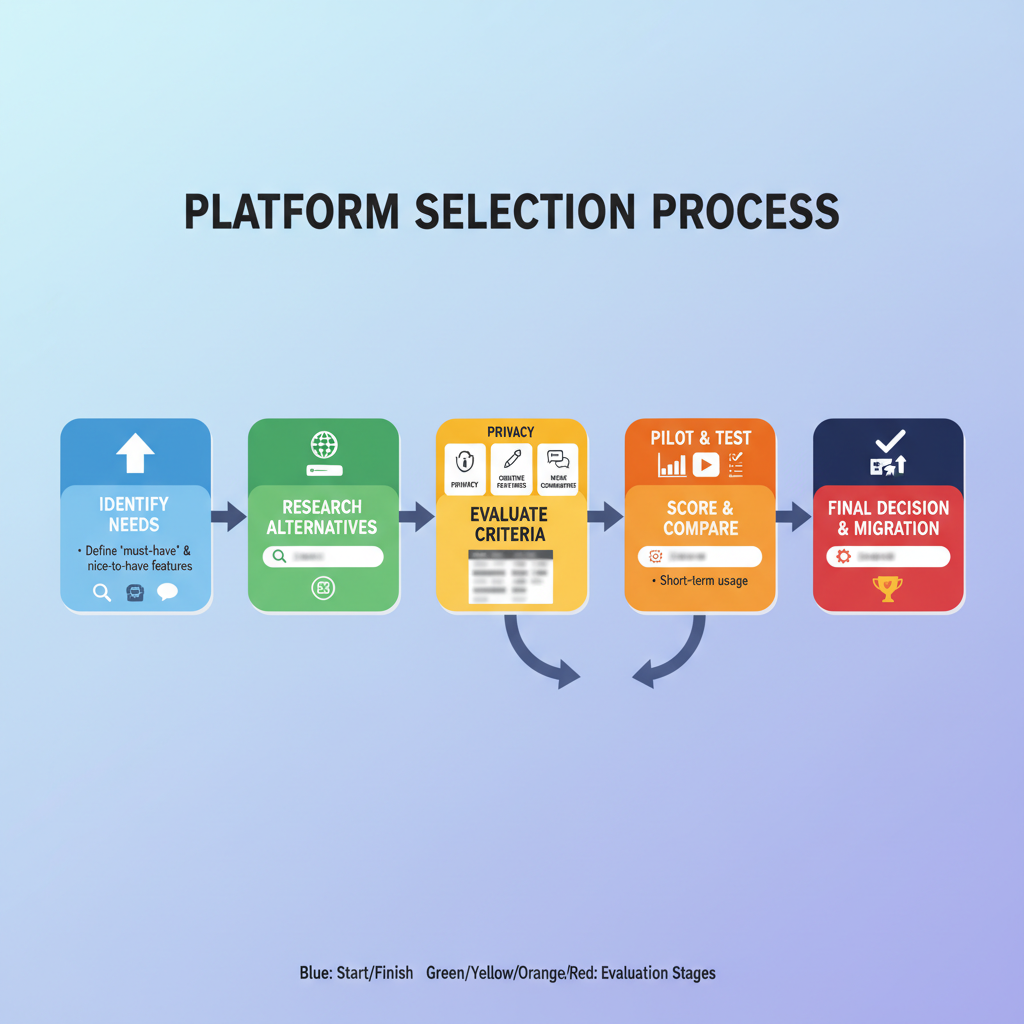
These networks often trade mass adoption for trust, giving the user more control over personal data and feed content.
---
Creative-Focused Alternatives for Artists and Content Creators
If your main goal is to showcase photography, design, or music, visually rich platforms can help.
- Vero – Ad-free and chronological feed, popular among photographers and creative professionals.
- Ello – Established as an art-friendly space, hosting galleries and creative communities.
- Behance (owned by Adobe but still niche) – Focused on portfolios and professional networking in creative industries.
Such environments allow work to shine without being buried by engagement-driven algorithms.
---
Niche Community Platforms for Hobbies and Interests
Some platforms thrive by targeting specific interest groups:
- Ravelry – For knitting and crochet enthusiasts.
- Letterboxd – A social network for cinephiles to share reviews and lists.
- AllTrails Community – Built around hiking and outdoor adventure enthusiasts.
These communities can be more rewarding for those seeking genuine discussion rather than mass exposure.
---
Decentralized and Blockchain-Based Social Networks
The next wave of alternative social media platforms is embracing blockchain to grant users ownership of their data and content.
- Lens Protocol – A composable and decentralized social graph built on blockchain. Users truly own their handle and content.
- Steemit – A social blogging platform rewarding contributors with cryptocurrency.
- Peepeth – A blockchain-based microblogging site promoting intentional posting and permanence.
Blockchain introduces both opportunities (ownership and censorship resistance) and challenges (onboarding complexity, environmental debates).
---
Pros and Cons Comparison
Below is a quick comparison of notable alternative social networks:
| Platform | Pros | Cons |
|---|---|---|
| Mastodon | Decentralized, customizable, ad-free | Smaller user base, learning curve |
| MeWe | No ads, strong privacy policy | Limited integration with other apps |
| Minds | Token-based monetization, open-source | Can attract polarized communities |
| Vero | Chronological feed, high-quality visuals | Fewer users compared to Instagram |
| Ello | Art-centric, minimal ads | Niche audience, low visibility |
| Lens Protocol | Blockchain-powered ownership, composability | Requires crypto knowledge, early-stage |
| Steemit | Earn crypto for contributions | Volatile token value |
---
How to Migrate Content and Contacts
Transitioning to a new platform can be smooth if planned properly:
- Export Your Data – Many mainstream networks allow you to download your posts and media.
- Notify Your Audience – Use pinned posts to announce your move and share profile links.
- Cross-Post Temporarily – Maintain presence on both platforms while your audience migrates.
- Utilize Import Tools – Some decentralized options allow bulk imports of contacts (via ActivityPub in Mastodon, for example).
---
Tips for Building an Engaged Audience on Smaller Platforms
Smaller networks require a slightly different growth strategy:
- Consistency is key — Post regularly and interact in comments.
- Join interest-based groups — Many alt-platforms thrive via strong community clusters.
- Engage authentically — Avoid over-promotion; build relationships first.
- Leverage platform features — Use hashtags, categories, and multimedia formats.
- Collaborate with others — Cross-promote with creators in your niche.
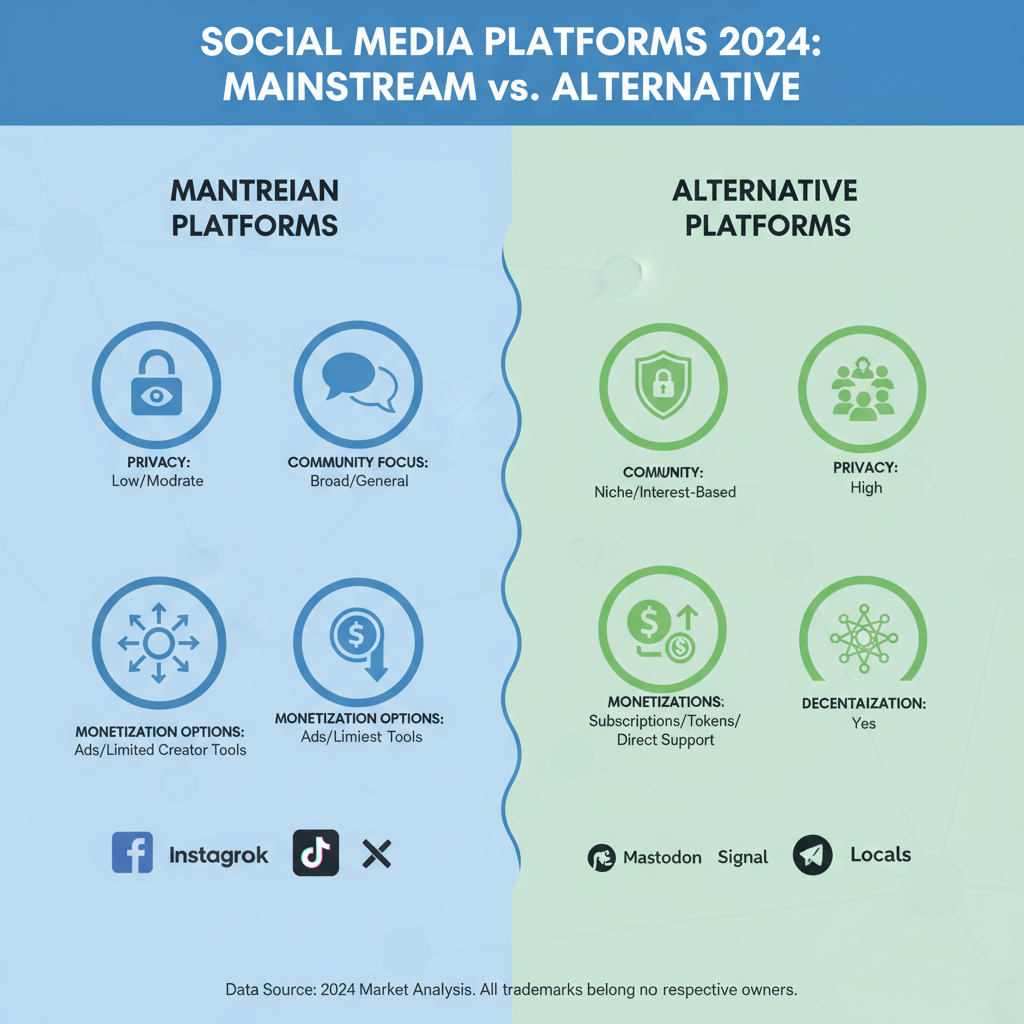
These approaches ensure your content resonates even in smaller audiences.
---
Trends and the Future of Alternative Social Media
The coming years are likely to see:
- Greater decentralization — Interoperable protocols allowing cross-platform activity.
- Rise of micro-communities — Smaller, high-trust groups replacing large crowds.
- Creator-owned economies — Direct monetization without platform intermediaries.
- Ethical algorithms — Transparent or user-controlled feed sorting options.
- Hybrid models — Platforms blending blockchain elements with usability for mainstream adoption.
Technological and cultural shifts will continue to redefine the online social landscape.
---
Summary and Next Steps
Exploring alternative social media platforms is more than a passing trend — it’s about reclaiming your digital presence. Whether your priority is privacy, creativity, ownership, or connecting with like-minded individuals, the options available today offer more control than ever before.
Call to Action: Try experimenting with one or two platforms that align with your values. Building a presence in smaller, interest-aligned communities can bring more authentic engagement than chasing numbers on mainstream networks. Your online future can be more secure, creative, and connected — if you take the first step today.

